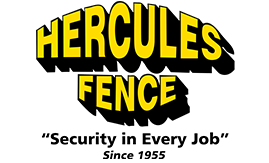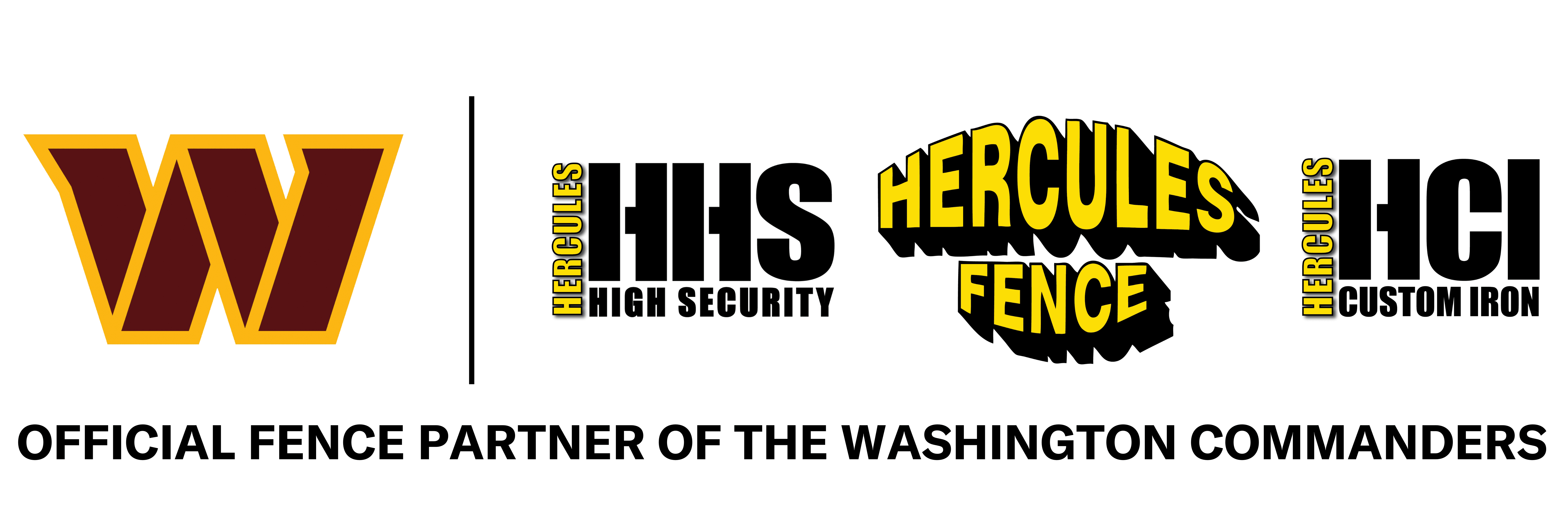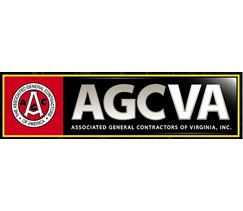It is almost that time of year. The birds are chirping and the weather is heating up; summer is almost here. But before you take that cover off of your pool, make sure you have taken every step necessary to ensure your family’s safety. This article provides a few helpful tips to protect your family.
Residential Fencing Tips
-
Benefits of PVC Vinyl Fencing
Vinyl fencing is taking the world by storm because of its clean appearance and long life with minimal maintenance. What’s not to love?
Unlike wooden fences, PVC will not warp, rot or splinter and UV inhibitors are added to ensure that your fence will be looking great for years to come. Plus, the tensile strength of vinyl is five times the strength of wood – meaning a PVC fence will require five times more strength to destroy than a wooden fence.
If you want a certain look without having to tediously paint for hours, vinyl is the way to go. And if you still desire that classic wood look, vinyl fencing can be embossed to resemble wood.
This article outlines even more of the benefits of vinyl fencing.
- Because of their flexibility, vinyl fences are great in areas with high winds or frequent storms.
- Vinyl fencing will not lose its color.
- The time and cost of maintenance for a vinyl fence is practically zero.
- They are very durable. They will not decompose or rust. Vinyl fences last long and look great for years.
- Vinyl fences are non-toxic.
- Vinyl Fencing is relatively cheap.
With so many advantages, it is hard to argue against vinyl. But in the end, some people just like the natural look of wood and do not mind the extra work it entails.
If you have any questions about vinyl fencing or any kind of fencing, contact Hercules Fence by calling (800) TU FENCE (883-3623) or click here today!
-
Residential Fencing
Hercules Fence specializes in a wide range of options to best fulfill your residential fencing needs. They offer chain link or custom wood fences, ornamental aluminum or steel fences, galvanized and vinyl-coated chain link options and PVC vinyl fencing.
For more detailed information about each fencing type, please visit Hercules Fence for everything and anything you could possibly want.
The experienced professionals at Hercules can even design and install your automated home gate system. They will analyze the opening size, style of fence and gate, distance from the dwelling(s), road surface material, entry mechanism, exit mechanism and safety concerns before recommending the right gate and operator for your intended purpose.
At Hercules, they give you all the facts to make your purchase easier. Unlike other companies, Hercules takes the time to work with the customer to make sure they get exactly what they want/need.
There is a reason Hercules has been in business for more than 50 years.
Hercules Fence prides itself in having installed fencing at some of the most prestigious places in the world, as well as for many government agencies and well-known businesses.
So why not trust Hercules Fence with your residential fencing needs?
To learn more about residential fencing, please contact Hercules Fence here today!
-
Benefits of a Privacy Fence
When deciding what kind of fence to build for your home you are faced with many decisions. According to this article, a privacy fence can be great for many reasons.
A major benefit of a security fence is shelter. Installing a privacy fence over any other type of perimeter barrier will provide your property with some shelter from the elements. The fence will act as a windbreaker to prevent the wind from affecting you, your plant life and your property. Depending on the positioning of the fence and of your home, this can also provide shade when it is required.
Another positive point of the fence is decoration, “If your garden comprises landscaping that could be accented by additional decoration, using a privacy fence will be the better option to enable this to take place. Whether you intend to paint it or add staining so that it matches other elements of your garden, this will be easier to achieve with this type of fence over any other. These fences are also most likely to be made of materials that will accept paint or decoration easily.”
Third, there are a large variety of security fences to choose from. You can easily choose a color and type of wood that matches other outdoor elements of your home. There are also many options that you can choose depending on your budget—so this type of fence provides you with a lot of freedom to choose.
Lastly security fences provide protection. Your animals will be sure to be kept in your security fence, while unwanted animals will be sure to be kept out. Also these fences are difficult to see through so intruders and trespassers will not be able to see your yard. Noise is also blocked very effectively with this type of fence.
For any of your fencing needs contact Hercules Fence here today!
-
Pressure Treated Fencing vs. Cedar Fencing
There are advantages and drawbacks for both types of wood depending on what type of fence you plan to build with the materials. As this article states both can be very useful for your fence needs.
Pressure treated wood is a better choice for your fence if you are building a picket fence that will be touching the ground. However cedar is better if your fence will not be touching the ground. Cedar wood is more durable than treated wood. It will not warp or break like other woods may. But, cedar is more expensive for this very reason. This high cost is worth it in the long run, though, due to the long lifespan of cedar. In order to increase its strength, Pressure treated wood should be stained within the first two years of its use.
Bottom line, cedar is a stronger wood. If your fence will not be touching the ground—then it should be your choice. However if you are limited by budget constraints pressure treated wood does the job well.
For any of your fencing needs contact Hercules Fence here today!
-
Timing counts for galvanized fences
Not all galvanized chain-link fences are alike. Among the other factors affecting chain-link wire is whether it was galvanized before or after it was weaved into a mesh fence. The fence could either be, simply, galvanized after weaving (GAW) or galvanized before weaving (GBW). This page explains the difference well.
GAW fencing is coated with zinc after the wire has been woven into mesh and is the most popular option. GBW fencing involves coating the wire with zinc before the mesh is woven from it. With GBW fencing, the ends of the wire where it’s cut are not fully coated whereas all of GAW fencing is coated. There is debate, however, over how much of a difference this distinction makes.
If you’d like to learn more or begin choosing the right fencing for your needs, contact us. We’ll help guide you based on your situation, and then install the fence to your satisfaction.
-
Gateway to a complete fence
Once you have your chain-link fence picked out and designed, it will then be time to turn your attention to the fence gates. The main thing to remember, as this site describes, is that the fabric and framework of the gates should match what you’ve used for the rest of the fence. You’ll have three options to consider.
Bent-frame gates
The rounded corners of these gates make them a very stylish option. However, they can also leave larger gaps between the gates and the rest of the fence. This makes them a little more useful in a residential context.Square-welded gates
Welding adds strength to the frame and the fabric’s connection to it. Although the corners don’t have to be square, an angular shape is more secure. All-in-all the gate is better for security.Aluminum-corner gates
Perhaps the strongest of all gate joints, die-cast aluminum corner pieces will join the gate’s framework together. Because the corner is one solid piece, it’s next to impossible to break.To learn more about these gate options and the different kinds of operating mechanisms, contact us. We’ll make sure you get the fencing and gates that are right for you.
-
Making your fence fit
Continuing our look at chain-link fences, the final component you’ll need to be aware of when buying a fence are the fittings. As this site describes, the fittings are the various hardware pieces that connect the fence fabric to the framework. Because they constitute the weakest link of the fence, the fittings need to be especially strong. Here’s what you need to keep in mind.
Composition
The best fittings are made of die-cast aluminum and steel. They should be hot-dip galvanized for added strength and protection.Coatings
Like the fabric and fence, the fittings should also be coated to prevent corrosion and rusting. They serve to weaken the fittings. Of course if you’ve coated the fabric and framework a certain color, you’ll want to coat the fittings to match.We can help you choose the fabric, framework, and fittings that are right for your situation. We’ll then professionally install it to enhance your privacy and security. Contact us to learn more.
-
Fence fabric basics
As this site describes, there are three main considerations when choosing the fabric for a chain-link fence. The fabric is the wire “netting” that makes up the body of the fence between the support structure.
Gauge
The first and probably most important consideration is the gauge or thickness of the fabric. The gauge measures the diameter of the wire that will be intertwined to create the fabric. Obviously, the thicker the wire, the more protection the fence offers. We typically use 11 gauge fabric for our residential customers.Mesh size
Secondly, customers must decide on the size of the mesh or, in other words, the amount of space between the wiring. Typical sizes run between 2 and 2.5 inches, with the inches measuring the distance between parallel sides of the diamond. Smaller sizes are more expensive because they use more metal and offer more security.Coating
Coatings offer protection and visual appeal to a chain-link fence. Zinc coating offers mainly protection to the metal fence. Aluminum coating will protect the metal as well but will allow rust to develop at the ends, where there are scratches, and where there are imperfections. Vinyl coating is usually used in combination with zinc coating to add color to the fence.To learn more about this or any topic, contact us. We can tell you everything you need to know to make a good decision, then install your fence with no hassle.
-
Stain vs. seal
We recently advised homeowners to stain or seal their new fences before winter sets in, but some may be wondering whether staining or sealing is better. There’s no conclusive answer because it depends on the homeowner’s goal. This article talks about the difference between a specific stain and sealer, but you can extrapolate some conclusions.
- Both stains and sealers will be absorbed into the wood to protect it against the elements.
- A stain will change the look of your fence. If you don’t like the look of the stain or intend to paint also, it’s best not to stain.
- A sealer will add a glossy shine to the wood and is best for maintaining the wood’s natural color or in combination with paint.
- Using a stain and sealer together is an option, but be sure to read the labels to ensure they’ll work together.
We’re here to answer any fencing-related questions you may have. Contact us to learn more or to discuss your fencing needs.









